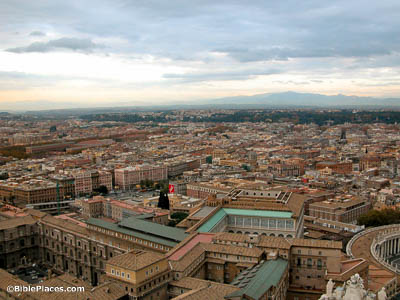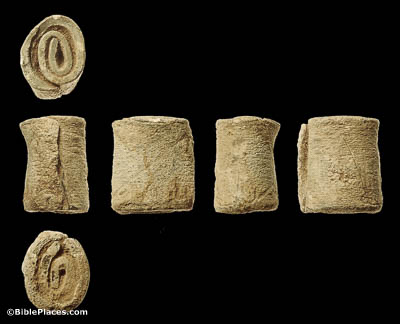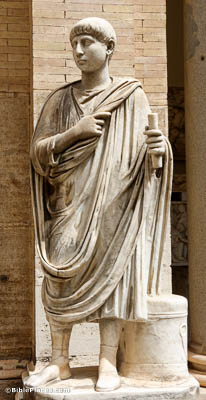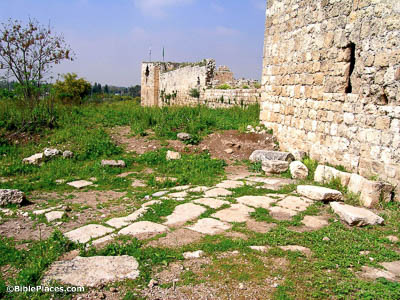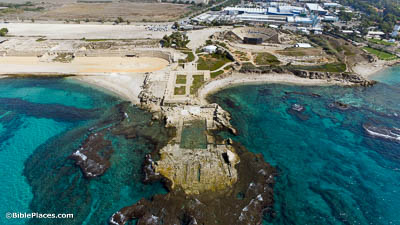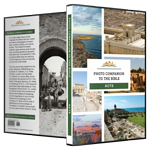As you have testified concerning Me at Jerusalem, so you must testify also at Rome (Acts 23:11).
Paul had recently written the Epistle to the Romans, explaining to them his desire to visit Rome (Rom 15:23-29). Now the Lord Jesus assures Paul that he will do so. According to Luke’s description in the following chapters, it will be more than two years before Paul arrives in Rome. This photograph shows a view of the modern city from a viewing area in the dome of St. Peter’s Basilica.
